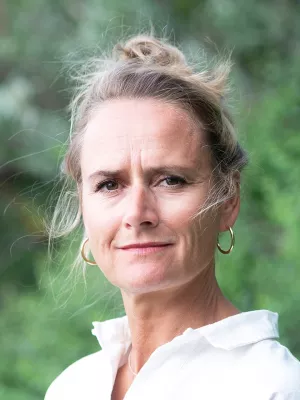
Anna Lundberg
Head of department

Advanced Legal Practices in the Welfare State : A Study of Displacements of the Right to Social Assistance for Undocumented Persons and Poor EU Citizens, in Three Swedish Municipalities
Author
Summary, in English
Publishing year
2019
Language
English
Publication/Series
16TH ANNUAL IMISCOE CONFERENCE JUNE 26-28, 2019 MALMÖ UNIVERSITY, SWEDEN : Understanding International Migration in the 21st Century: Conceptual and Methodological Approaches
Document type
Conference paper
Topic
- Law and Society
- International Migration and Ethnic Relations
- Social Work
Keywords
- Advanced legal practices
Conference name
Imiscoe: 16th Annual Conference in Malmö
Conference date
2019-06-26 - 2019-06-28
Conference place
Malmö, Sweden
Status
Published